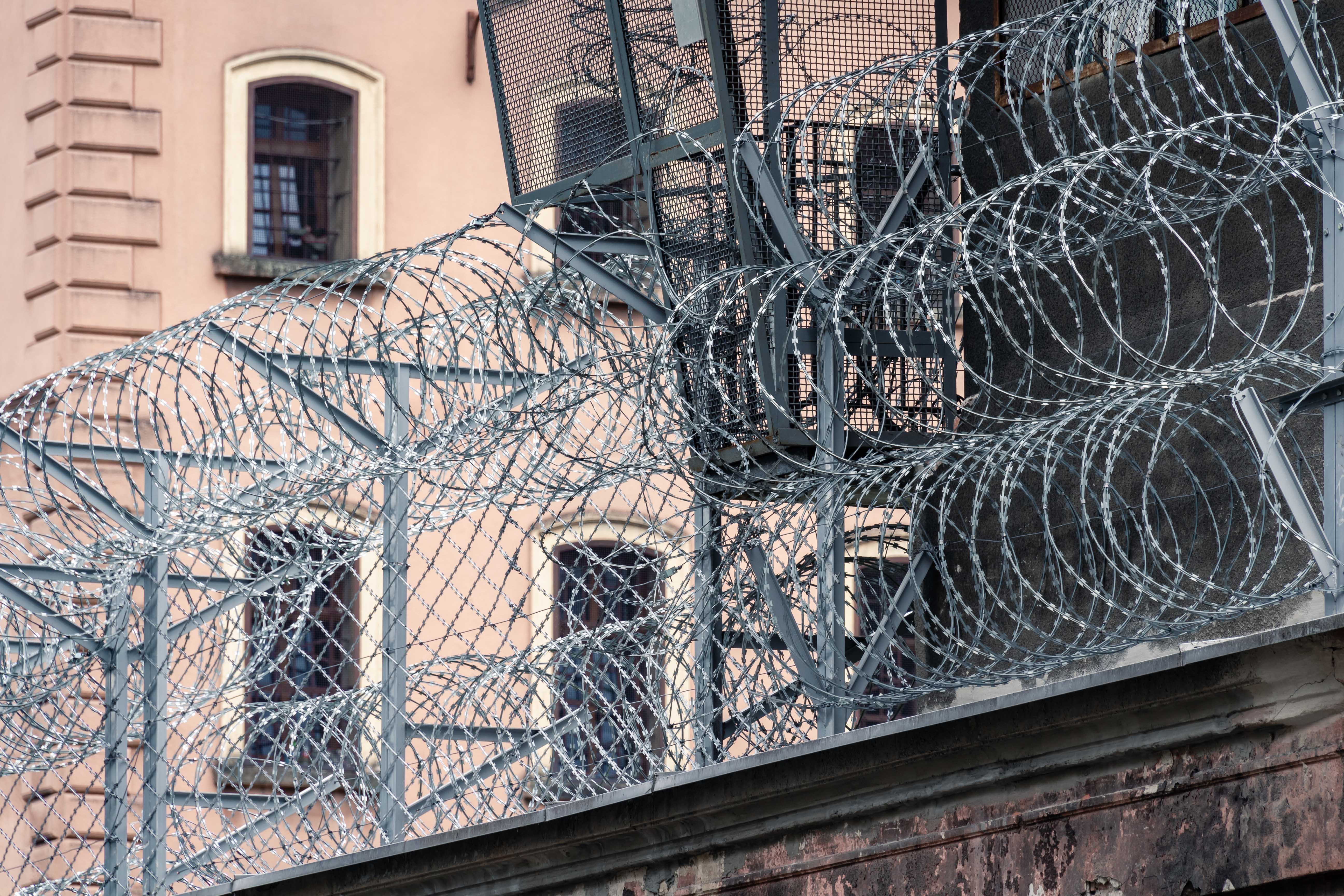
Jun 18, 2023
Zim prisoner release triggers trauma from ‘Green Bombers’ years
In late May, Zimbabwe released greater than 4 200 prisoners, a bypass that emerge as hailed as correct for decongesting its prisons that housed more than 22 000 inmates, properly over their capacity of 17 000.
Most of the released prisoners are older human beings, kids, ladies imprisoned for nonviolent offenses, and the terminally ill and disabled. But part of the individuals who benefited from the presidential amnesty are people who have been convicted for violent offenses but had served a minimum of seventy five% of their sentence.
Concerns of Election-Related Violence:
In the u. S . A . And its diaspora, the release of the latter group precipitated the hypothesis that the ruling Zanu-PF will use the launched prisoners to devote election-associated violence. Haruzivishe Makomborero, an opposition activist who lives in exile, fears the government is “taking notes from its ally, Russia”.
“Just much like the Russian Wagner group is recruiting prisoners to fight within the invasion of Ukraine, Zanu-PF will use a number of those prisoners for political violence inside the coming elections,” Haruzivishe speculates, referring to the overall elections slated for 23 August.
The Legacy of the "Green Bombers":
According to Shepherd Mpofu, the appearing head of the Zimbabwe Prisons and Correctional Service, satisfactory 3% of folks who benefited from previous amnesties have become concerned in crime once more. The problems of people who percentage Makomborero’s fears are possibly exceptionally understood by way of remembering some other episode in Zimbabwe’s halting democratic experiment: the “Green Bombers”. The Green Bombers have been a younger human brigade who played a pivotal role in making sure that Zanu-PF won elections in the mid to overdue 2000s.
The children had been educated to be militant through Zimbabwe’s National Youth Service, which come to be delivered rapidly after the opposition Movement for Democratic Change (MDC), led by the useful resource of Morgan Tsvangirai, stunned Zanu-PF with the aid of using prevailing 57 out of a hundred twenty parliamentary seats inside the elections of 2000. Graduates of the new National Youth Service went on a rampage, attacking competition supporters, burning down their houses and even killing some humans.
Munashe Manzanga, a 34-year-antique who fled to the USA, became many of the brigade’s sufferers. He says that in June 2008 a band of Green Bombers, led by means of a teens officer and a conflict veteran he recognized, held him, hostage, for now not sporting a Zanu-PF card.
“They strain-marched me to a nighttime vigil, beat me and specific opposition activists in what they referred to as a re-schooling exercising, and compelled me to sing Zanu-PF songs,” he remembers. Manzanga fled from his rural home Mberengwa in Zimbabwe’s south and concealed for weeks in Zvishavane inside the u.S.A.’s Midlands province earlier than managing to break out overseas.
Attacks on opposition supporters like Manzanga by way of the usage of Green Bombers, named after the army-fashion fatigues they wore and because of the truth the time period is commonly used to seek advice from the green bottlefly, had been significantly stated thru human rights companies and the media sooner or later of the 2000s. Officially, the National Youth Service end up disbanded in 2007 but its ghosts have haunted Zimbabwe thinking about the truth.
“In 2019 I come to be attacked by well-known Zanu-PF individuals of the National Youth Service. They ambushed me as I have become returning home from the metropolis and kidnapped and tortured me asking approximately the whereabouts of [social and economic justice activist and unionist] Tatenda Mombeyarara,” says Adkins Mtetwa, a Zimbabwean human rights activist now living in the United Kingdom.
He has the same opinion as folks that see the jail amnesty as a ruse to recruit new “Green Bombers” for the ruling birthday party.
“The modern-day release of criminals just earlier than elections with the resource of President [Emmerson] Mnangagwa is for human beings like me and added in my community, a signal that there is probably more violence within the coming election,” says Mtetwa.
Recollections of Violence: Victims Speak Out
While the discharge of prisoners in Zimbabwe aimed to alleviate jail congestion, it sparked issues and speculation about potential implications for the approaching elections. The fears stemmed from past reviews of the "Green Bombers," an infamous children brigade related to Zanu-PF.
The Green Bombers emerged in the 2000s because of the National Youth Service, brought after the opposition MDC's surprising fulfillment within the 2000 elections. Trained to be militant, the Green Bombers played a sizable function in suppressing opposition help thru violent approaches, together with attacks, arson, and even killings. Their moves were broadly mentioned by using human rights groups and the media at some stage in that period.
Lingering Concerns: Potential Resurgence of the National Youth Service
Although the National Youth Service turned into formally disbanded in 2007, concerns about its impact and potential resurrection persist. Critics argue that the latest jail amnesty, which launched individuals convicted of violent offenses who had served maximum in their sentences, could serve as a method of recruiting a new wave of politically aligned people to interact in violence in the course of the upcoming elections.
Those who percentage those concerns agree that the ruling Zanu-PF celebration may additionally exploit the released prisoners to intimidate opposition supporters and manage election results. Such fears stem from a belief that history may additionally repeat itself, with violence being used as a device to preserve political manipulation.
Government's Responsibility: Ensuring Peace and Fairness
It is critical to be aware that these worries and speculations replicate the critiques and fears of people cited in the article. The situation concerning the capability use of launched prisoners for election-associated violence stays unsure, and the government's function of keeping peace and protection all through the electoral procedure is vital for fair and democratic final results.